 "The Electrical Safety Council recently held a parliamentary roundtable on the theme of improving home safety in Scotland, hosted by Clare Adamson MSP at Holyrood. Each year in the UK, 70 people are killed by an electrical accident in the home and 350,000 sustain a serious injury from an electric shock. Government data also shows that Scottish homes are at greater risk from electrical fires than the rest of Great Britain. Responses to the Scottish Government’s recent consultation on sustainable housing – Homes that don’t cost the Earth – emphasised the need for effective minimum standards to be extended to the private rented sector (PRS). Three-quarters of respondents supported the idea of a single minimum standard to cover the condition of all properties, including the PRS. Currently, standards for social housing are considerably more developed than those imposed on the PRS. “With the rapid expansion in the PRS and research revealing that over a third of landlords have failed to carry out repairs or deal with poor conditions, we believe that everyone – regardless of the type of tenancy they hold – should enjoy the same safety standards,” said Emma Apter, ESC’s head of communications. “The Scottish government has taken significant steps to improve housing standards but to support and develop this process, we need further measures to enhance the safety of tenants in privately rented accommodation,” she added. “In particular, the ESC believes that regular, compulsory checks - by a registered electrician - on the electrical wiring and appliances provided in private sector housing are essential.” Committed to working in partnership, the ESC has established the roundtable to bring together a range of stakeholders to help progress Scotland’s aim of sustainable – and safe – housing for all. Clare Adamson MSP commented: “I am very pleased to continue my involvement with the ESC and the excellent work they are doing. I was especially pleased to be able to host the roundtable discussion in the Scottish Parliament which focused on improving home safety. I am very hopeful that this collaborative approach will bring real progress.” The above article is from Electrical Safety Council SwitchedOn publication. 26/6/2013 Door Entry JobWe received notification today of our successful tender to carry out the installation of a new door entry system in Stirling.
Our door entry service is available to domestic, commercial and industrial clients throughout Scotland. 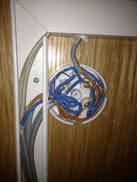 "New research has revealed that more consumers are attempting DIY electrical work in a bid to save money. Trade Skills 4U is highlighting the message that the temptation to carry out DIY electrical work in your own home is never worth the possible consequences that could arise. According to the research every year in the UK unsafe electrical work in the home is the cause of 12,500 house fires, 750 serious injuries and 10 deaths. Despite these frightening statistics, 60% of UK residents are still happy to carry out electrical DIY in their homes. Over a quarter (28%) would go as far as to install new garden lighting which carried additional risk of being installed in damp and wet conditions. The installation of garden lighting should always be carried out by a qualified electrician. Over a third said they would rewire a socket, three in ten would fit a new light switch. The company is rightly recommending that professionals are sought out for any electrical work" The above article is from electrical trade magazine Cabletalk. 21/6/2013 An Audience With...Suppose we could run a caption competition on this photo!! Thanks to customer Kath Gibson for capturing one of our vans out and about on its travels.
21/6/2013 Consumer Unit Installations17/6/2013 SELECTWe've just had a conversation with SELECT Managing Director Newell McGuiness who took the time and effort to contact us regarding an industry related item. Thank you and it was much appreciated.
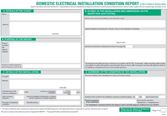 We issue both certificates and reports on completion of electrical installation work and after a routine test on an existing electrical installation. But what are the differences - the below article will explain what type of report you will receive and when. -------- Certificates and reports issued in connection with an electrical installation serve completely different purposes and it is important that the appropriate type of documentation is issued after completion of electrical installation work or periodic inspection and testing. As its title suggests, an Electrical Installation Certificate certifies that new electrical installation work complies with the current edition of BS 7671; it is not suitable for reporting on the condition of an existing installation and should not be used for that purpose. Similarly, an Electrical Installation Condition Report is not suitable for the initial certification of a new installation, or of new work associated with an alteration or addition to an existing installation, and so should not be used for that purpose. On completion of the initial verification of an electrical installation, or of an alteration or addition to an installation, an Electrical Installation Certificate (EIC) or Minor Electrical Installation Works Certificate (MEIWC) should be issued (Regulation 631.1 of BS 7671 refers). The certificate issued should be based upon the model form given in Appendix 6 of BS 7671 and should include a record of the inspection activities performed and the results of the testing carried out as part of the verification process. Importantly, an EIC or MEIWC must not be issued until any defects or omissions revealed during the verification of the installation work covered by the certificate have been remedied (Regulation 632.4 of BS 7671 refers). Such certification includes a declaration that the installation work has been designed, constructed and inspected and tested in accordance with the requirements of BS 7671. In short, it is a declaration that the installation is safe to be taken into service. On completion of the periodic inspection and testing of an electrical installation, an Electrical Installation Condition Report (EICR) should be issued (Regulation 634.1 of BS 7671 refers). The report should be based upon the model form given in Appendix 6 of BS 7671 and should include a record of the inspection activities performed and the results of the testing carried out as part of the periodic inspection process. The report details the outcome of an assessment of the in-service condition of an electrical installation against the requirements of the issue of BS 7671 current at the time of the inspection, irrespective of the age of the installation or to which edition of the Wiring Regulations it was designed. Details of any damage, defects, deterioration, non-compliances or dangerous conditions should be recorded on the report (Regulation 634.2 of BS 7671 refers). The report contains a summary of the overall condition of the installation in terms of whether it remains satisfactory, or is unsatisfactory, for continued use. The report also provides feedback to the person who ordered the report in terms of the severity of the defects and departures observed and the urgency with which they should be addressed. 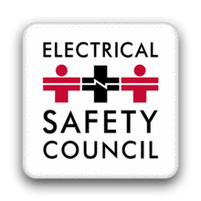 A new study by the Electrical Safety Council (ESC) finds landlords are exposing themselves to significant financial risks, from fines and invalidated insurance, through not acting on their electrical safety obligations. Ignoring their responsibilities means landlords are also putting millions of UK private tenants at risk of serious accident or fire. The study has found that 2 million private tenants have expressed concern about the electrical safety of their home. Each year in the UK, 70 people are killed by an electrical accident in the home and 350,000 sustain a serious injury from an electric shock. Government data also shows that Scottish homes are at greater risk from electrical fires than the rest of Great Britain. By law, landlords must ensure electrical installations and wiring are maintained in a safe condition throughout the tenancy. The ESC recommends landlords should have electrical appliances and installations checked at least every five years by a registered electrician, along with carrying out regular visual checks themselves. A spokesperson from the Association of British Insurers said: “Whilst the specifics of each insurance policy will vary, all insurers will expect landlords to comply with any current laws or regulations in regard to electrical safety - failure to do so may result in voidance of their policy. Electrical work is expected to be carried out by a qualified professional. For more information on the ECS Study - click here. For more information for Landlords on Electrical Safety - click here Stirling Electrical Services are here to help - find out more about our services to Landlord and Letting Agents. |
Scott McLeanBusiness , Weather, Community, Charity Archives
May 2022
Categories
All
|


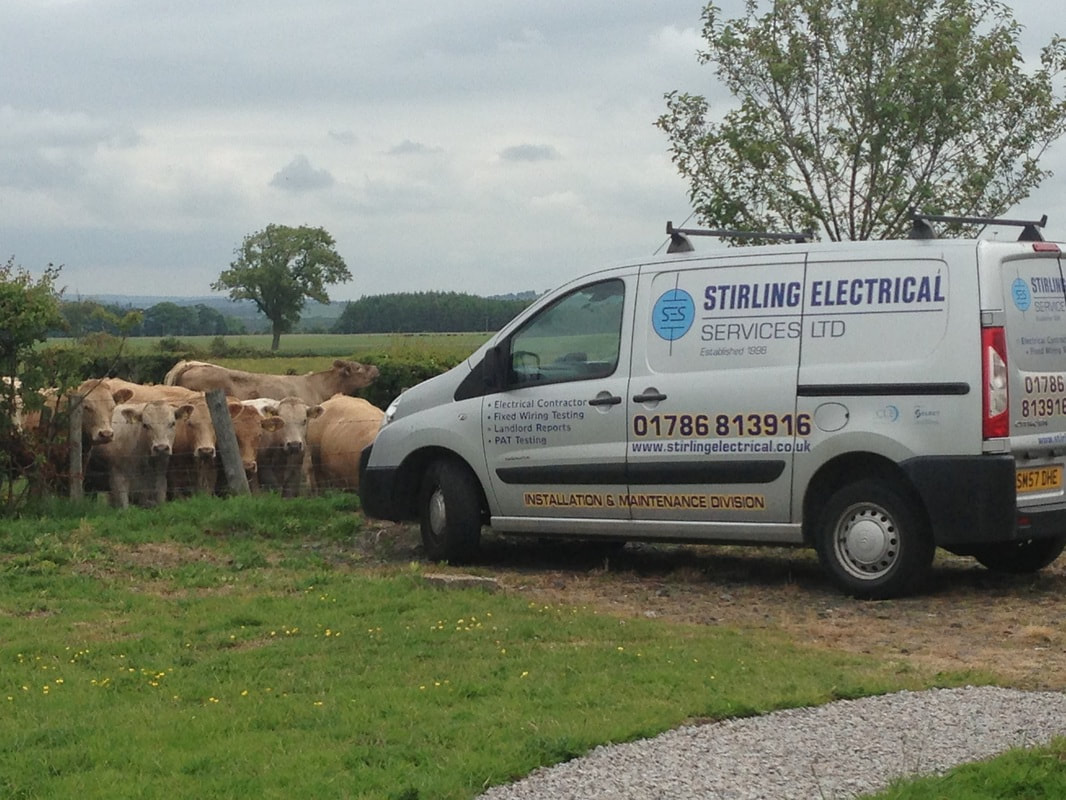
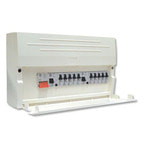
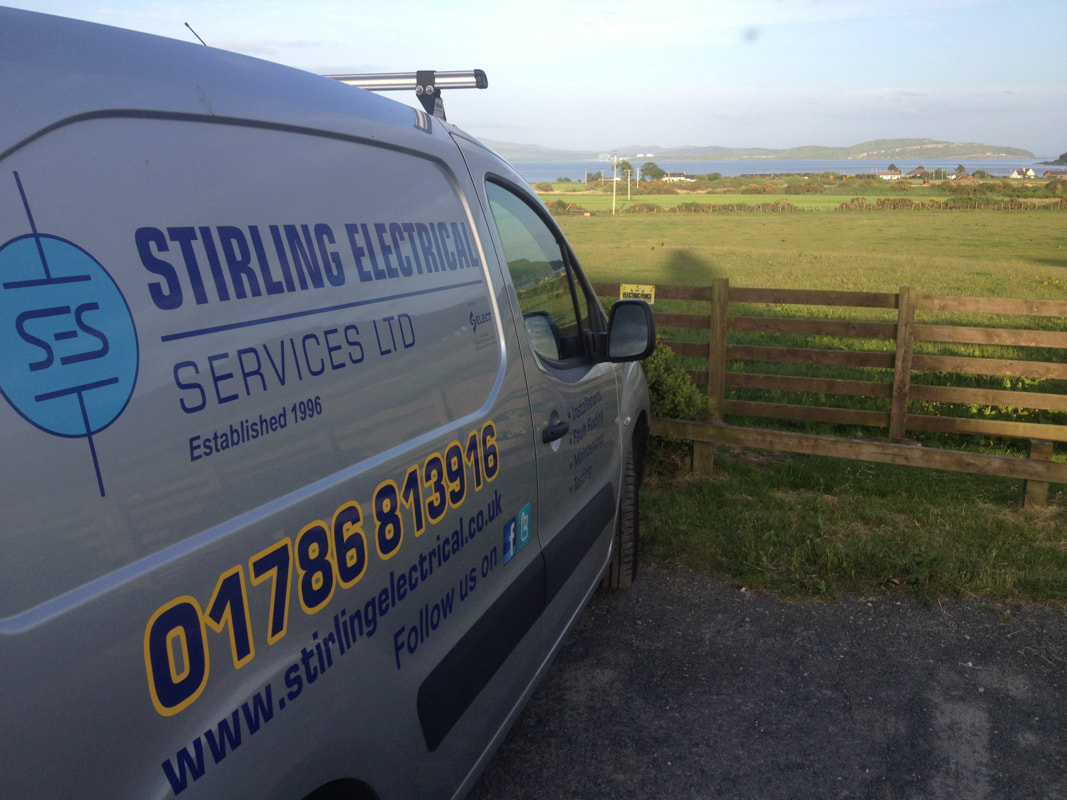


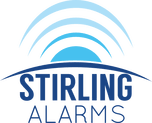


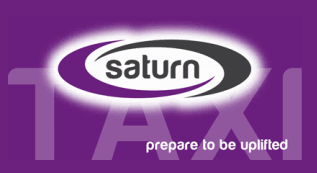
 RSS Feed
RSS Feed

27/6/2013
0 Comments